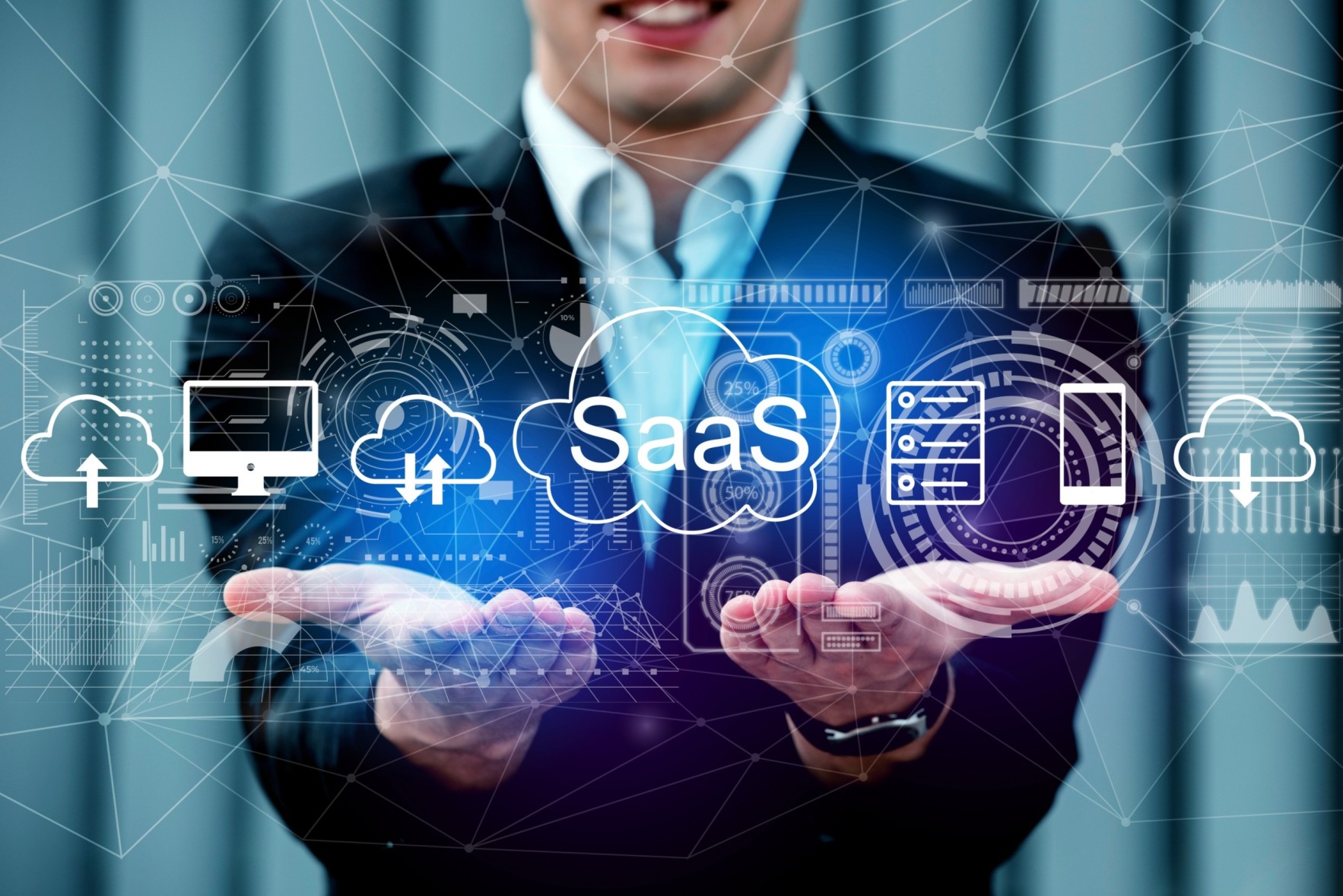Do you want to evolve your business? Do you wish to manage your business organization without hurdles? If your answer is yes, you must choose ERP. Enterprise Resource Planning, or ERP system, is a digital automation tool. There are different types and systems of ERP. Today, we will look at the cloud ERP.
To gain valuable insights and streamline chaotic processes, entrepreneurs depend on ERP. Out of all the other types, cloud ERP is the most popular. Through this article, we will tell you what you should know about cloud ERP.
What is cloud ERP
Cloud erp stands for cloud-based enterprise resource planning. You must be aware of cloud technology. Even our laptops and smartphones have cloud technology. This is a computing infrastructure with a modern twist.
Here, you need not store your company’s data on a pen drive or hard drive. There are third party service providers who backup your data through online mechanisms.
Once you backup your data, you can access it through the internet. Suppose you are in a business meeting in another country. You need business insights because your office is closed. How will you get the data?
If the same data is stored on the cloud, you are lucky. All you need to do is connect your device to the internet and login to your company’s account. All the data will be available to you over the internet.
How Does Cloud ERP Work?
We must note that cloud ERP is completely online. It uses various internet connection-based technologies. Any update or maintenance is in the hands of the Cloud ERP provider. Here are a few steps to explain the workings of Cloud ERP.
- Step 1- You choose a third-party Cloud ERP and purchase it. It is a suggestion to purchase cloud erp from another owner, as it is cost-effective. You need not worry about backend issues.
- Step 2- After purchasing cloud ERP, you create a company’s account on the software.
- Step 3- It is time to upload all the data to the cloud ERP. The user interface is simple and guides you on how to use the cloud erp.
- Step 4- Connect the cloud ERP to your business services. These can be stock reports and live tracking of the products.
- Step 5- You are good to enjoy other things as Cloud ERP takes care of your work.
This is one stop for all your business planning and execution. This comes in handy in today’s work from home era. Even if you have employees across the globe, they can understand and plan the strategies.
This also reduces confusion. Let us take another example. Suppose you are a wholesale seller and a client has been waiting for their order to arrive for a few weeks. She calls customer care but does not get a proper order update. This is because the employees do not have real-time tracking data of the order dispatched.
Also, as the warehouse has a lot of orders to dispatch, the workers are unable to give exact information. Doesn’t this create confusion and show how unbothered your company is?
But if your company uses cloud ERP, any of the customer executives can inform the client about their order. The customer service can track the real-time location of the order, and so can the clients.
Components of Cloud ERP Software
Cloud ERP is more like an integrated way of managing your business. ERP manages various fields of the core business. These are often referred to as the components of Cloud ERP.
- Customer Relationship Management
In any business, CRM is essential. It helps you study the needs of your customers. You can access what they are searching for and buying. It allows you to strategize your future business plans. Cloud ERP analyzes the data for you. You can select and filter a group of audience members.
Let us name this group the “target audience”. If you want to expand your business in a particular city or for an age group, filter that way. Cloud ERP will compute the data for you. You need to manually check who bought what.
- Financial management
Whether you are an established company or a startup, finance management is time-consuming. When it is time to pay taxes, the chaos is real. But say no more. Cloud ERP is here to ease your money game.
Cloud ERP keeps track of your earnings and expenditures. It keeps every minute detail ready. The logistics costs, material costs, and any other general amount are stored in the cloud erp.
It helps you learn about your profits and losses. Online payments sometimes result in failed transactions. Using cloud erp helps you manage such details. If ever a client faces such a situation, you will be ready to assist them.
- Human Resource Management
It is simple. No employees, no business. Manually, it will be difficult to pay salaries to the employees. Let cloud erp make it easy for you. You can set the monthly update on salary slips. It will automatically credit the employees every month.
Cloud erp will also manage the payment of taxes. If you want to see performance data or reports for your company, trust cloud ERP.
- Logistics and Manufacturing
From manufacturing the item to delivering the order, it involves many tasks. Data on cloud ERP will notify you about items that are out of stock. You can manufacture or buy them accordingly. When delivering products in bulk, it is not easy to locate each order separately.
Cloud ERP will inform you when a customer accepts or declines an order. You can trace the real-time location as well.
- Supply Chain Management
From buying raw materials to finalizing the product, it can be challenging. Cloud ERP allows you to sort the materials crucial to your business. It also helps you finalize your products.
Your employees can create a marketing plan using cloud ERP. They can make changes and discuss the plan with each other through ERP. It also allows you to check if you are achieving your goals and targets.
Cloud ERP Concepts
- Subscription
To ensure that you enjoy Cloud ERP service, you will have to pay the Cloud ERP host. The host is nothing but the third party. It is more like you are paying for the license of use.
- End-to-End Security
It implies that your data is safe from all sides. A third party does not access or leak your data.
- SaaS
This is related to deployment strategy. Third-party uses software-as-a-service to deploy or install cloud ERP for your business.
- Hosting
The host company has 2 ways to deploy Cloud ERP for your business. It can deploy cloud ERP particularly for you. The term for this one is private or single-tenant cloud. It can also deploy the cloud erp on a multi-tenant platform.
Cloud ERP vs. On-Premises ERP
Like Cloud ERP, On-Premises ERP is another type. The latter means you are running the erp software at your location. These could also be the locations that are under your control. There is a dedicated workspace to run on-premises erp. It does not require access to the internet.
On-Premises ERP requires a lot of maintenance and time. As it is under your control, you are responsible for backend and frontend issues. You will have to take care of regular software updates and ensure the data is secured all the time. Cloud ERP does not require all this attention, as it is in the hands of the third-party companies.
Cloud ERP is cost-effective unlike On-Premises ERP. You will have to buy the hardware, register for a license, and pay the manpower to take care of the system. In Cloud ERP, you pay for the services only.
Being on an online platform, Cloud ERP is accessible from anywhere in the world. You will have to be present in the office to access data from On-Premises ERP.
5 Benefits of Cloud ERP Software
- Budget-friendly- The most eye-catching feature of Cloud ERP is that it is affordable. You will have to pay for the services or just take a subscription.
- Flexible- You can always buy or remove the features you do not like or need. You may require some extra features during the high-season. You are always open to such changes.
- Accessibility- The main reason businesses are shifting to Cloud ERP is its accessibility. One login account allows you to access your data from anywhere around the globe.
- Real-time Information- From the location of the order to recent performances, you can check everything in real time. The data is up-to-date and shows you various insights.
- Updates- Cloud ERP offers automatic updates. You need not check if it requires maintenance. It will update on its own and inform you if changes are needed.
Cloud ERP is a part of modern ERP technology. It is more popular than traditional methods like On-Premises ERP.
To take your business to the next level, switch to Cloud ERP. Consider this guide if you are not sure which Cloud ERP company to choose. We have many more details on ERP on our website. Have a look, and then invest your money in the best ERP software.













